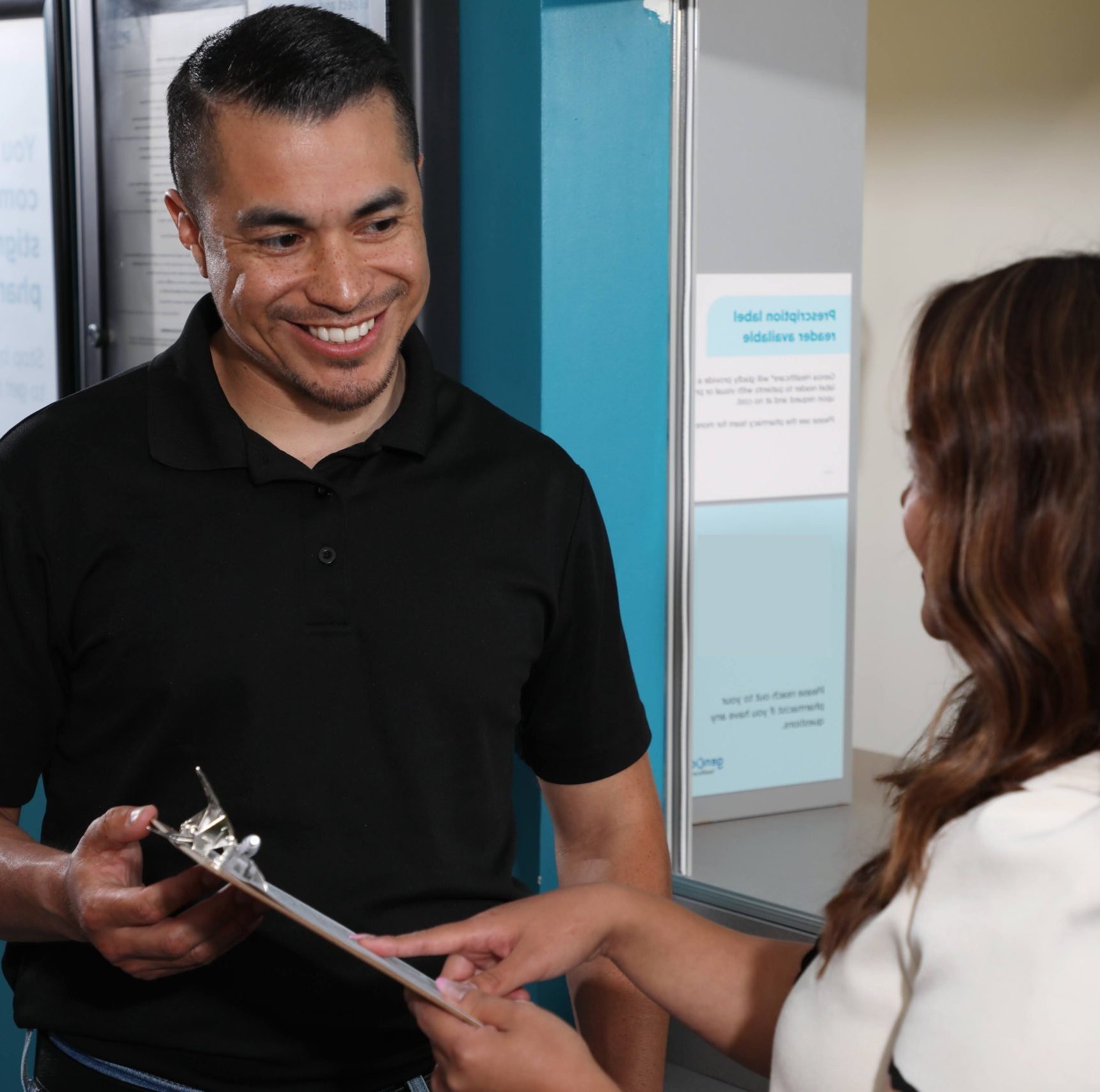Adolescents with treatment-resistant depression (TRD) often struggle with a lack of effective treatment options. While ketamine has been shown to help improve outcomes for adults living with major depressive disorder (MDD), its efficacy in adolescents remains under-researched. This gap in research led to a recent study exploring the potential of using esketamine to treat TRD in young patients.
TRD study
In a recent placebo-controlled trial, 54 inpatient adolescents aged 13-18 were randomly assigned to receive three infusions of either esketamine or midazolam over five days. The study aimed to determine the safety and efficacy of esketamine for treating TRD in this population. The primary outcome measured was the change in Columbia Suicide Severity Rating Scale (C-SSRS) Ideation and Intensity scores from baseline to 24 hours after the final infusion on day six. Secondary outcomes included changes in the Montegomery-Asberg Depression Rating Scale (MADRS) scores from 24 hours after the final infusion on day six. The 4-week clinical treatment response was also a secondary outcome.
The study results were encouraging. The esketamine group saw significant improvements in both primary and secondary outcomes. Changes in the C-SSRS Ideation and Intensity Score and the MADRS scores were significantly greater in the esketamine group when compared to midazolam. The rates of anti-suicidal and antidepressant responses at 4 weeks post-treatment were 69.2% and 61.5% after esketamine, compared to 52.5% for both clinical treatment responses in the midazolam group.
Side effects and future directions
Like any treatment, esketamine has its own set of side effects, including nausea, dissociation, dry mouth, sedation, headache and dizziness. Despite these, its ability to help reduce depressive symptoms and suicidal ideation throughout the study was notable. These findings highlight the potential impact esketamine can have on inpatient care and treatment for adolescents with TRD, warranting further research to validate these findings and explore long-term effects.
Please contact your local Genoa pharmacy team if you have any questions on treatment options for adolescent TRD.
Hear from industry experts
Want to learn more about TRD and other emerging drug trends?
About the author
Allie Butler, PharmD, BCMTMS serves as Genoa’s Pharmaceutical Program Manager. She helps develop programs that improve access to medications and overall patient outcomes.. Allie collaborates with industry leaders, healthcare providers and community partners to integrate pharmaceutical services seamlessly to deliver the highest level of care possible.
All information was accurate at the time of posting.





